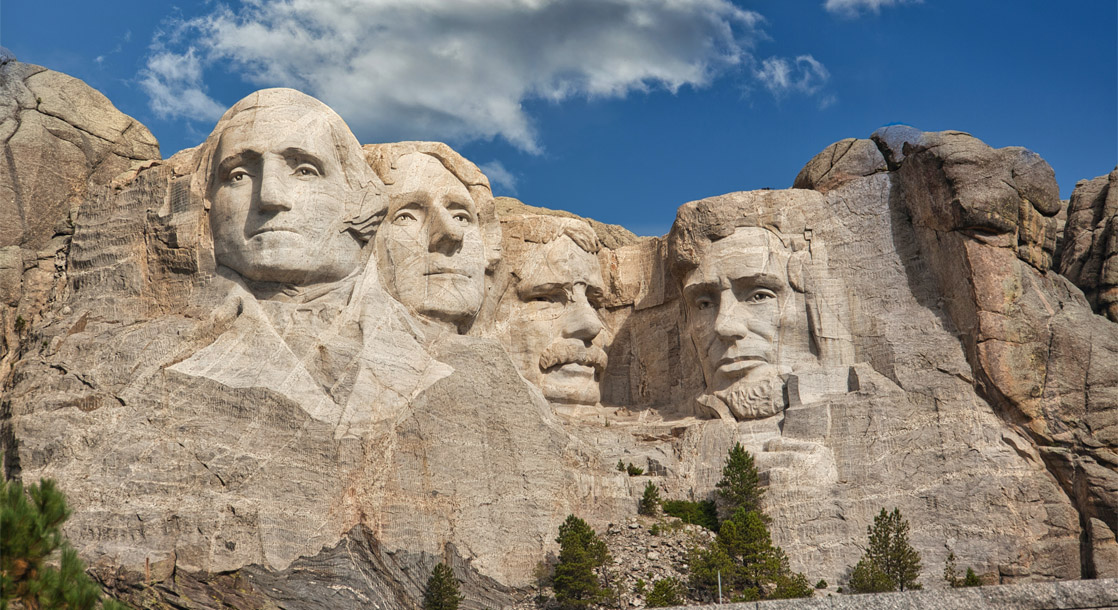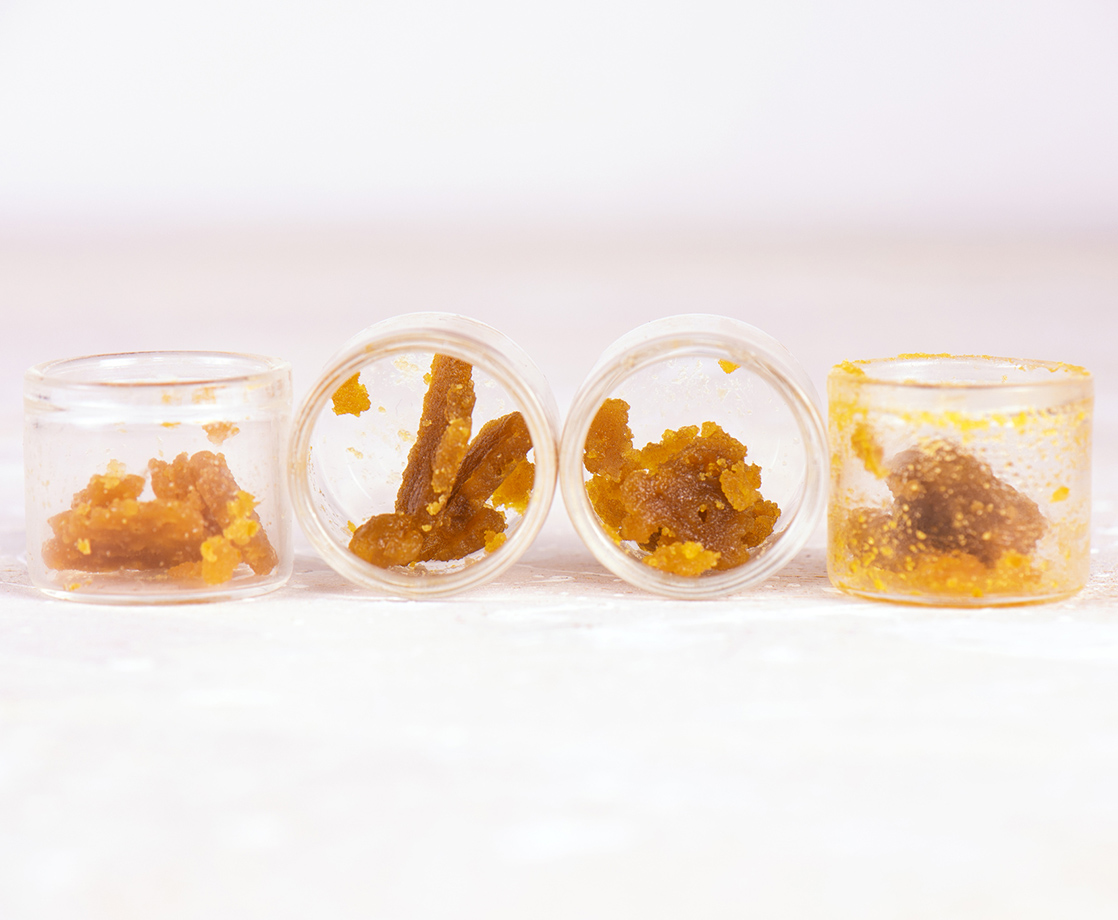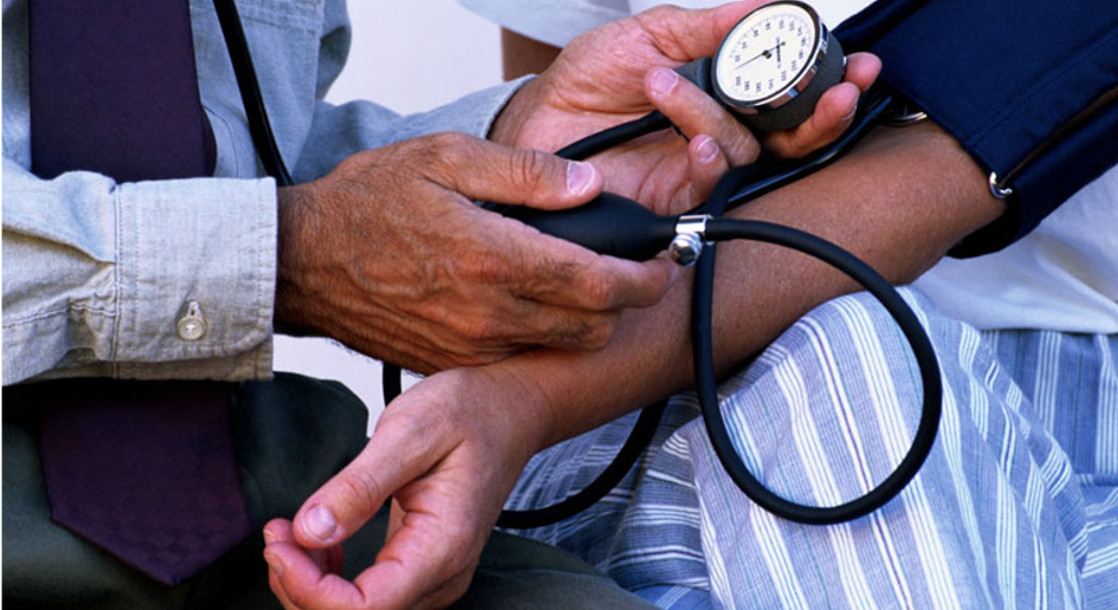South Dakota’s new medical cannabis scene looks rather dismal at the moment, as the state has been incredibly slow to issue its fragile, cheaply made patient cards.
In contrast, South Dakota’s Flandreau Santee Sioux Tribe issues solid, plastic cards that come assigned with a patient number registered through BioTrack, a seed-to-sale digital tracking system commonly used in recreational weed states.
BJ Olson, a registered patient in South Dakota and owner of Hartford Dispensary, detailed the problems with the state’s flimsy, low-cost cards.
“There’s nothing to this card at all,” Olson told local news outlet Keloland. “As you can tell, my picture is already starting to fade away.” He said, after just a few months, the numbering on the card has started to rub off, as well.
He continued, “When I got it in the mail I honestly laughed. I could not believe this is what our state decided would be good enough; on something so highly controlled, so highly regulated and so highly scrutinized, this is something that they would give us to verify if people are able to use the product or not.”
If a dispensary’s budtender cannot read a patient’s information on their card, the patient will be denied cannabis, Olson said. In that case, patients will have to request a new one from the state.
There are a slew of other issues with South Dakota’s medical cannabis program, too. There are only a few dozen doctors in the entire state who are willing to sign recommendations for cannabis, but patients must shop for them via trial-and-error.
The state’s patient application system is also confusing, said Olson, and there are significant costs involved. He said his doctor’s visit cost him $200, and the state fee is $75. Compare that to the oxycodone he takes in conjunction with cannabis to control his chronic pain: Just $2 out-of-pocket with insurance.
“We have about 10,000 plus patients in our system right now,” Flandreau Santee Sioux Attorney General Seth Pearman told Keloland. Currently, only 306 South Dakotans have their patient cards.
Besides a better patient and sales tracking system, South Dakota’s tribes may have more people lined up for medical cannabis because of qualifying conditions. Pearman said tribes include a longer list of conditions than the state does. Since indigenous reservations possess their own tribal sovereignty on federal land, they can regulate their system differently than South Dakota’s.
However, cops have been busting tribal members who purchase weed from any other dispensary in South Dakota, despite laws stating that tribes can manage medical cannabis so long as they reside in a state with legal weed. Police have also arrested South Dakotans who’ve bought weed at the tribe’s first and only medical dispensary, Native Nations.
“We’re between 10 to 15 arrests that we know about right now,” Pearman said. “It’s a little disheartening that somebody is coming in to get some medicine for themselves and are stopped for a taillight out and having all of their products taken.”
Pearman said the tribe’s executive committee is currently covering legal expenses for any members charged for possessing or purchasing medical cannabis.











